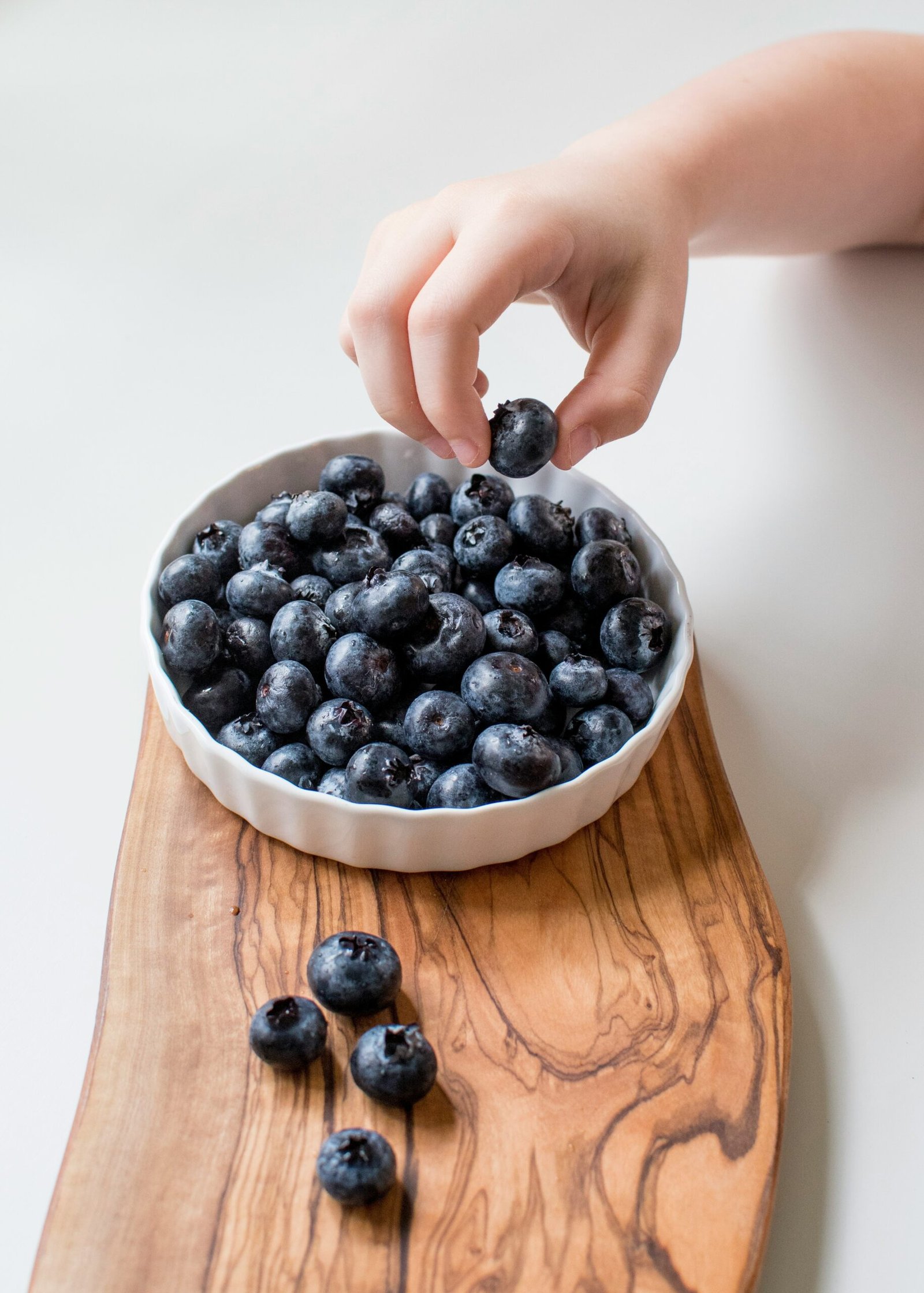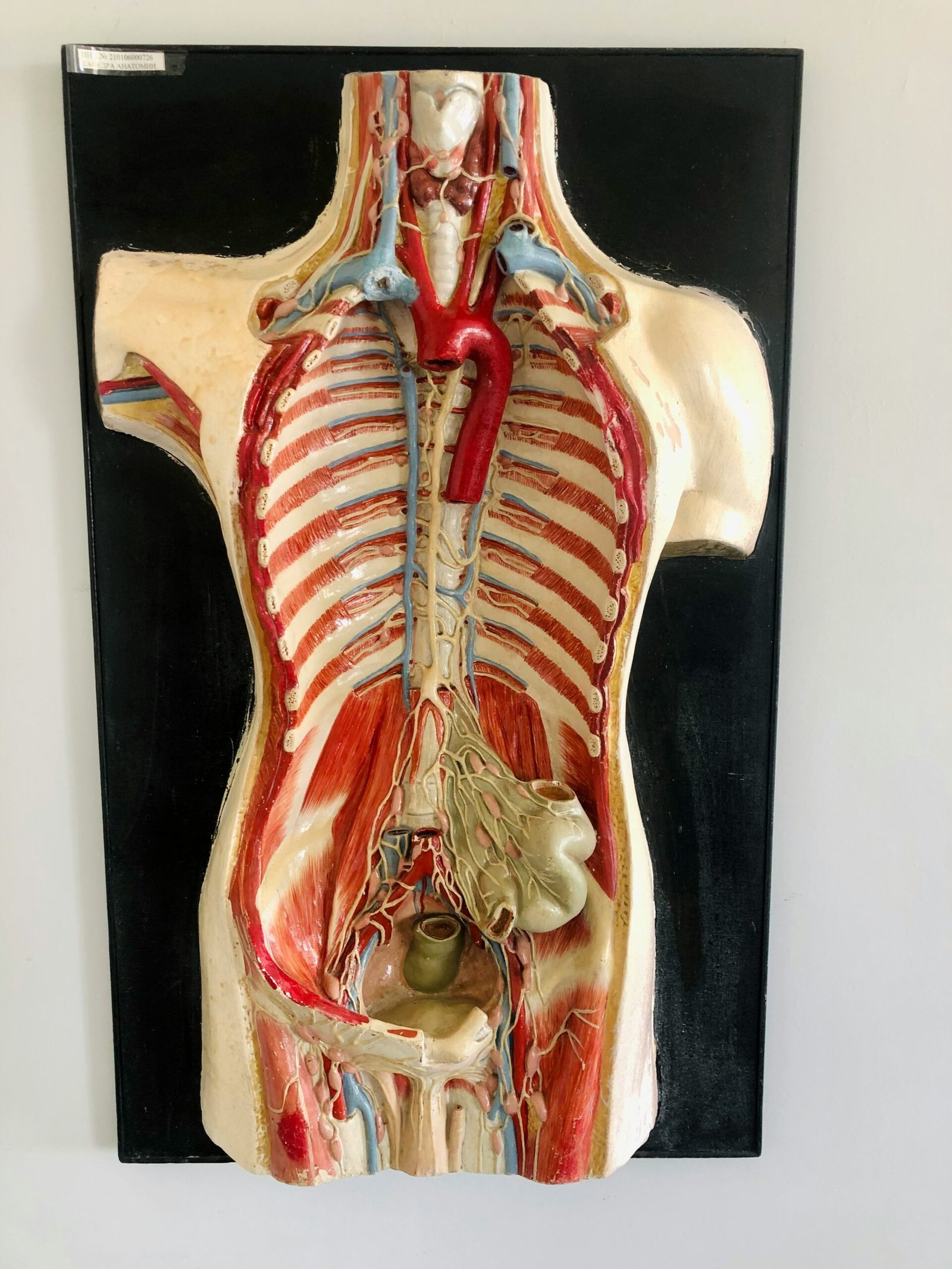Understanding Hydration and Its Role in the Body
Hydration is a fundamental aspect of health, involving the adequate intake and regulation of water within the body. Water, as a vital nutrient, plays several critical roles in maintaining physiological balance. One of its primary functions is to regulate body temperature through sweating and respiration. This thermoregulatory function is crucial, especially during physical exertion and in hot environments, ensuring that body temperature remains stable.
In addition to temperature regulation, water is essential for maintaining cell health. It acts as a building block within cells, influences cellular metabolism, and facilitates the transport of nutrients and waste products across cell membranes. Proper hydration ensures that cells receive the nutrients they need to function optimally while expelling toxins and metabolic by-products efficiently.
Hydration also significantly impacts digestive health. Water aids in the digestion process by helping to break down food and absorb nutrients more effectively. Adequate hydration ensures the smooth movement of food through the gastrointestinal tract, preventing issues such as constipation.
Beyond these physiological functions, hydration influences physical performance. During physical activities, sufficient water intake prevents muscle cramps, maintains electrolyte balance, and ensures optimal cardiovascular function. Dehydration, even at mild levels, can result in reduced endurance, increased fatigue, and diminished athletic performance.
Cognitive functions and mood are also affected by hydration status. Research indicates that even mild dehydration can impair cognitive abilities, including concentration, alertness, and short-term memory. Psychologically, inadequate hydration is linked with mood disturbances, leading to feelings of irritability and lethargy.
Recognizing the symptoms of dehydration is vital. Early signs include thirst, dry mouth, and dark-colored urine. Severe dehydration symptoms are more dire, involving rapid heartbeat, dizziness, confusion, and in extreme cases, loss of consciousness. Understanding these warning signs enables timely intervention, ensuring that the body’s hydration levels are promptly restored.
Daily Water Intake Recommendations: How Much is Enough?
The question of how much water one should consume daily is often met with the simplified recommendation of drinking “eight 8-ounce glasses” a day, which amounts to approximately two liters. However, this guideline may not be universally applicable as individual water needs vary based on several factors, including age, gender, activity level, and climate.
Health authorities such as the National Academies of Sciences, Engineering, and Medicine suggest a more tailored approach. Their recommendations state that an adequate daily fluid intake is about 3.7 liters (around 13 cups) for men and 2.7 liters (about 9 cups) for women. This includes all fluids consumed from beverages and moisture present in food.
For personalized recommendations, some experts suggest calculating daily water intake based on body weight. A popular formula is drinking half of your body weight in ounces. For example, a 150-pound individual would aim to consume 75 ounces, or roughly 2.2 liters, of water each day. This method provides a more customized approach that considers individual body composition.
Physical activity levels significantly influence hydration needs. Those engaged in vigorous exercise may need an additional 1.5 to 2.5 cups (approximately 0.35 to 0.6 liters) of water per hour of activity. Athletes and individuals in physically demanding jobs should monitor their fluid intake closely to avoid dehydration, which can impair performance and health.
Special considerations for different age groups and health conditions also play a role in daily water intake. Older adults may have a diminished sense of thirst and should consciously drink more water. Conversely, individuals with conditions that cause increased fluid retention, such as kidney disease or heart failure, may need to tailor their intake under medical guidance.
Climate is another critical determinant. Hot and humid environments necessitate higher fluid intake to account for increased sweat loss. Likewise, high altitudes can lead to faster dehydration due to lower humidity and increased respiration rates.
Thus, while generalized guidelines offer a starting point, a personalized approach considering various factors such as body weight, activity level, climate, and individual health conditions provides a more accurate measure of daily water needs. Taking these into account helps ensure adequate hydration and overall well-being.
Sources of Hydration Beyond Plain Water
While plain water is undoubtedly the most direct means of ensuring proper hydration, there are several other sources that contribute effectively to daily fluid intake. Notably, many fruits and vegetables are high in water content, making them valuable additions to a hydrating diet. Water-rich fruits such as watermelon, strawberries, cucumbers, and oranges not only provide fluids but also deliver essential vitamins, minerals, and antioxidants that support overall health.
Beyond fruits and vegetables, beverages such as herbal teas and milk can also serve as excellent hydration sources. Herbal teas, like chamomile, mint, and rooibos, are mostly water and can be consumed hot or cold, offering a flavorful and caffeine-free alternative to plain water. Similarly, milk and plant-based milk alternatives like almond, soy, and oat milk not only help in meeting hydration needs but also provide varying levels of protein, calcium, and other nutrients essential for bodily functions.
Sports drinks are another alternative, particularly beneficial for individuals engaging in prolonged physical activity. These drinks contain electrolytes, such as sodium and potassium, that help in replenishing minerals lost through sweat. While effective in maintaining hydration balance during intense exercise, it is advisable to consume them in moderation due to their sugar content, which can contribute additional calories.
For those who find consuming enough water challenging, integrating these hydrating foods and beverages throughout the day optimizes fluid intake. Strategies such as incorporating fruit-infused water, eating a balanced diet rich in water-heavy foods, and diversifying fluid sources can effectively support hydration. Paying attention to hunger and thirst cues can also aid in maintaining adequate hydration levels.
Thus, broadening one’s approach to hydration by including a variety of fluid-rich foods and beverages not only ensures adequate fluid intake but also enhances nutritional benefits, making it easier and more enjoyable to stay properly hydrated throughout the day.
Tips for Maintaining Optimal Hydration Levels
Maintaining optimal hydration levels is crucial for overall well-being, yet it is an often-overlooked aspect of health. A few practical strategies can significantly enhance daily water intake and ensure efficient hydration. Firstly, setting reminders at regular intervals can be a simple yet effective method to remember to drink water. This can be done using alarms on your smartphone or specialized hydration apps designed to track water intake. Many of these apps provide personalized recommendations and gentle nudges throughout the day.
Carrying a reusable water bottle is another practical approach. Having water readily accessible encourages frequent sipping and reduces the likelihood of dehydration. Opting for a bottle with marked measurements can also help keep track of daily consumption. Moreover, it’s environmentally friendly, reducing reliance on single-use plastic bottles.
Addressing common hydration myths is crucial for a clear understanding. For instance, contrary to popular belief, caffeinated drinks and moderate alcohol consumption do not significantly contribute to dehydration when consumed responsibly. However, it’s advisable to drink water alongside such beverages to maintain optimal hydration levels.
Special attention should be given to hydration needs of children and the elderly, who are often more susceptible to dehydration. Encouraging children to drink water regularly can be made fun with colorful bottles or flavored water (without added sugar). For the elderly, placing water bottles in easily accessible locations and offering fluids frequently can help prevent dehydration.
Above all, it’s essential to listen to one’s body. Thirst is a natural signal indicating the need for water, but factors such as physical activity, climate, and individual health conditions can affect hydration needs. Adjusting water intake based on these variables is vital for maintaining optimal hydration levels. Ultimately, by implementing these strategies and staying informed, one can effectively foster better hydration habits and support long-term health.



